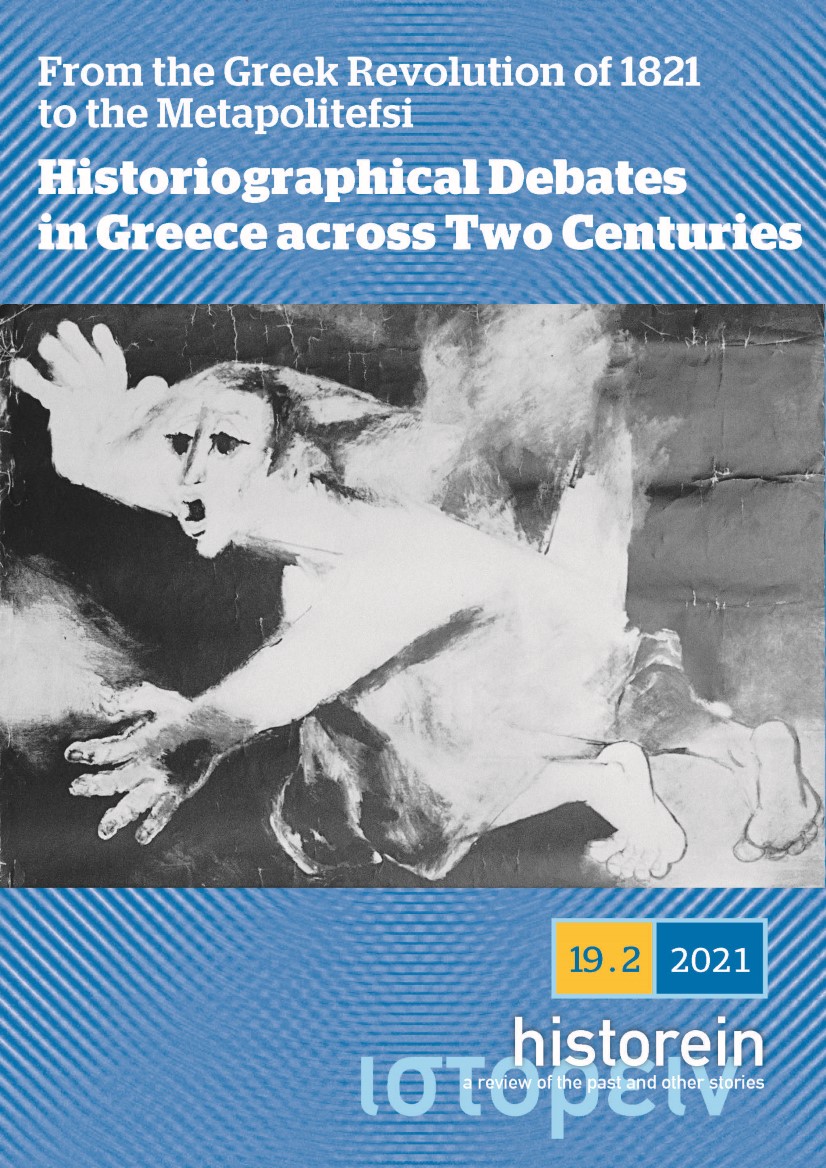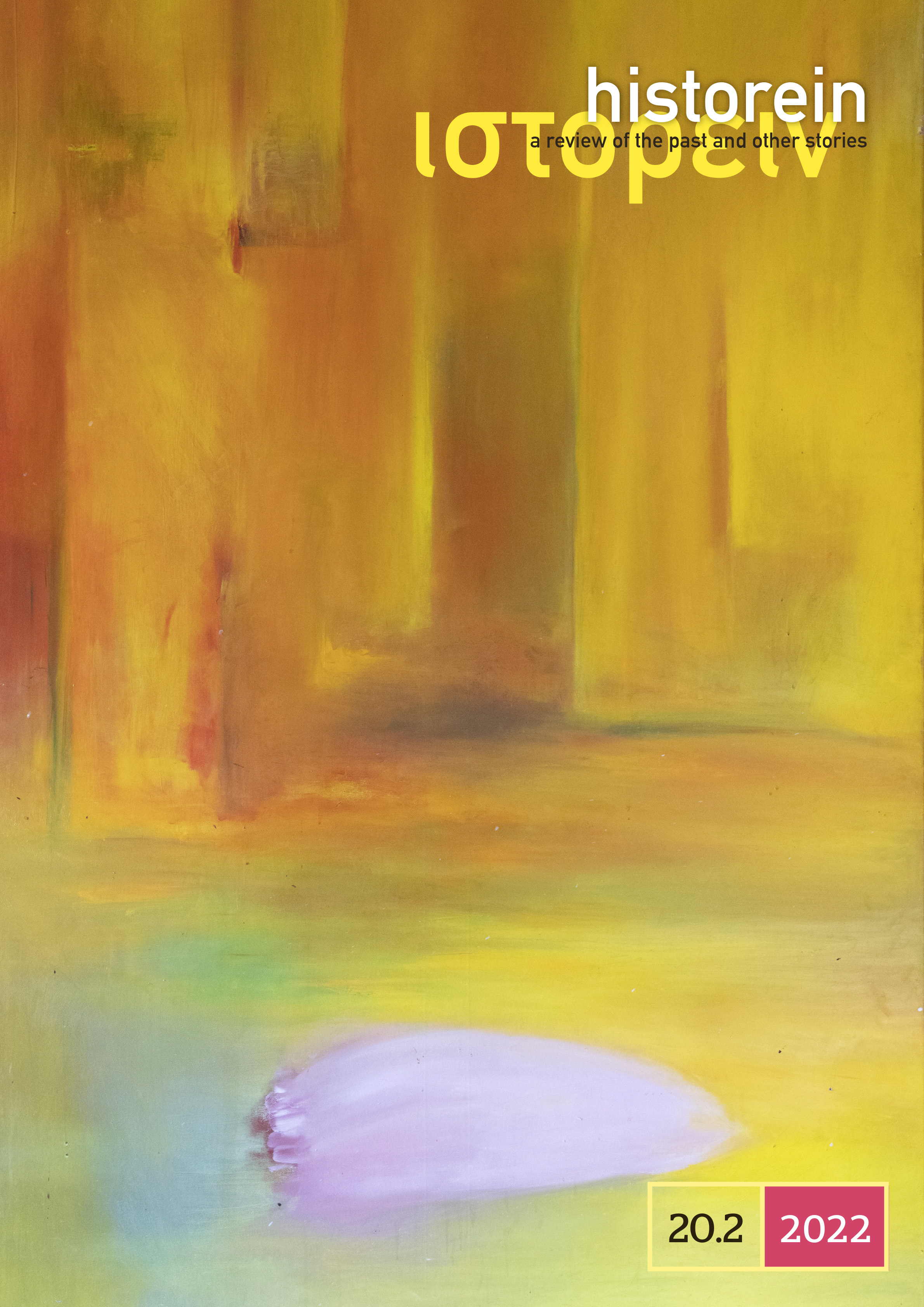Collective Memory and Political Mythologies: Eleftherios Venizelos in Greek Postwar Historiography, 1945–1967

Abstract
During the first decades after the Second World War, Greek society had to deal with a vast array of issues, including its relationship with the past. In this context, Eleftherios Venizelos, a great statesman of the early twentieth century, was frequently used both as a symbol in contemporary political debates and as a metonymy in various attempts to contextualise the history of the first half of the century. An important part of these attempts was the corpus of public narratives produced about Venizelos and his era, either as historiographical accounts or autobiographical texts. These narratives, published in newspapers and books, were not, for the most part, academic; their authors were usually journalists, retired military officers, or politicians, who formed a political-historical nexus and who produced a new discourse on a historical period which had hitherto received little or no historiographical attention. In fact, this discourse left its mark on Greek political and historical culture for decades to come.
Article Details
- How to Cite
-
Triantafyllou, C. (2021). Collective Memory and Political Mythologies: Eleftherios Venizelos in Greek Postwar Historiography, 1945–1967. Historein, 19(2). https://doi.org/10.12681/historein.18103
- Section
- ARTICLES

This work is licensed under a Creative Commons Attribution-NonCommercial-ShareAlike 4.0 International License.
The copyright for articles in this journal is retained by the author(s), with first publication rights granted to the journal. By virtue of their appearance in this open access journal, articles are free to use (with the exception of the non-granted right to make derivative works) with proper attribution for non-commercial uses (licence Creative Commons 4.0). EKT/NHRF retains the worldwide right to reproduce, display, distribute, and use articles published in Historein in all formats and media, either separately or as part of collective works for the full term of copyright. This includes but is not limited to the right to publish articles in an issue of the Journal, copy and distribute individual reprints of the articles, authorize reproduction of articles in their entirety in another EKT/NHRF publication, and authorize reproduction and distribution of articles or abstracts thereof by means of computerized retrieval systems.


